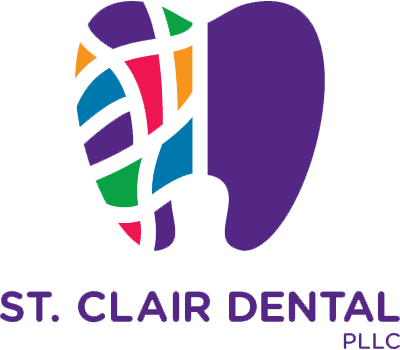When your tooth is exposed to bacteria for long periods of time, cavities often develop due to the breakdown of enamel and poor enamel strength. However, some people may experience dentin hypersensitivity, a condition that causes constant tingling, sharp pain sensations to the pulp inside the tooth. The dentin is the inner layer of the tooth that’s more porous and lies directly beneath the enamel, and when hypersensitivity occurs, it can have a serious impact on a person’s quality of life.
How Dentin Hypersensitivity Impacts Your Teeth
Dentin hypersensitivity is typically caused by dentin exposure. Dentin exposure is usually caused by other preceding dental conditions such as cavities and gum recession caused by periodontal diseases. When recession of the gum line or enamel occurs, the dentin layer becomes directly exposed to hot or cold temperatures. It also comes directly in contact with foods that are excessively sweet, and from these places of exposure, extreme amounts of discomfort occur and, in some cases, excruciating pain.
However, there can be plenty of other underlying causes that can cause dentin hypersensitivity, as this condition primarily revolves around the exposure of the dentin layer. These other cases can include:
- Harsh Toothbrushing: Brushing your teeth too hard or with bristles that aren’t soft enough can cause the enamel to erode and cause the underlying dentin to be exposed easily.
- Fractured teeth: Teeth that have recently been fractured due to traumatic accidents can cause the dentin, pulp, and even roots of a tooth to become easily exposed. Infections can also set in, and from this, dentin hypersensitivity can cause massive amounts of pain and discomfort.
- Grinding or Clenching Teeth: For those with bruxism or deal with constant clenching, these habits can cause the enamel to wear down and cause the protective layer to disappear, leading the dentin to become exposed.
- Abrading Agents: Some forms of toothpaste, including charcoal toothpaste, toothpaste with baking soda, and hydrogen peroxide used for teeth whitening, can damage the enamel due to its abrasive features and cause the dentin to become more vulnerable to bacteria.
- Overusing Mouthwash: Alongside toothpaste, overusing mouthwashes can also damage the enamel over time due to its high amounts of acidity and thus can aggravate the enamel and dentin.
Some treatments that can be used to treat dentin hypersensitivity include lifestyle changes, dental restorations, and changes in dental products. In the meantime, you can also reduce the amount of acidic or sweet food you eat, change the products you use, and other methods to have better pain management. Your dentist will be able to offer you more advanced treatments to help address this discomfort and help lower your tooth sensitivity overall.
Speak With Your Dentist For Hypersensitivity Treatment
When it comes to treating dentin hypersensitivity, your dentist will need to diagnose the condition based on its severity and other presiding factors, such as cavities, gum disease, and tooth clenching. Connecting with your dentist to learn more about your treatment options can be the best way to find relief from this condition.

